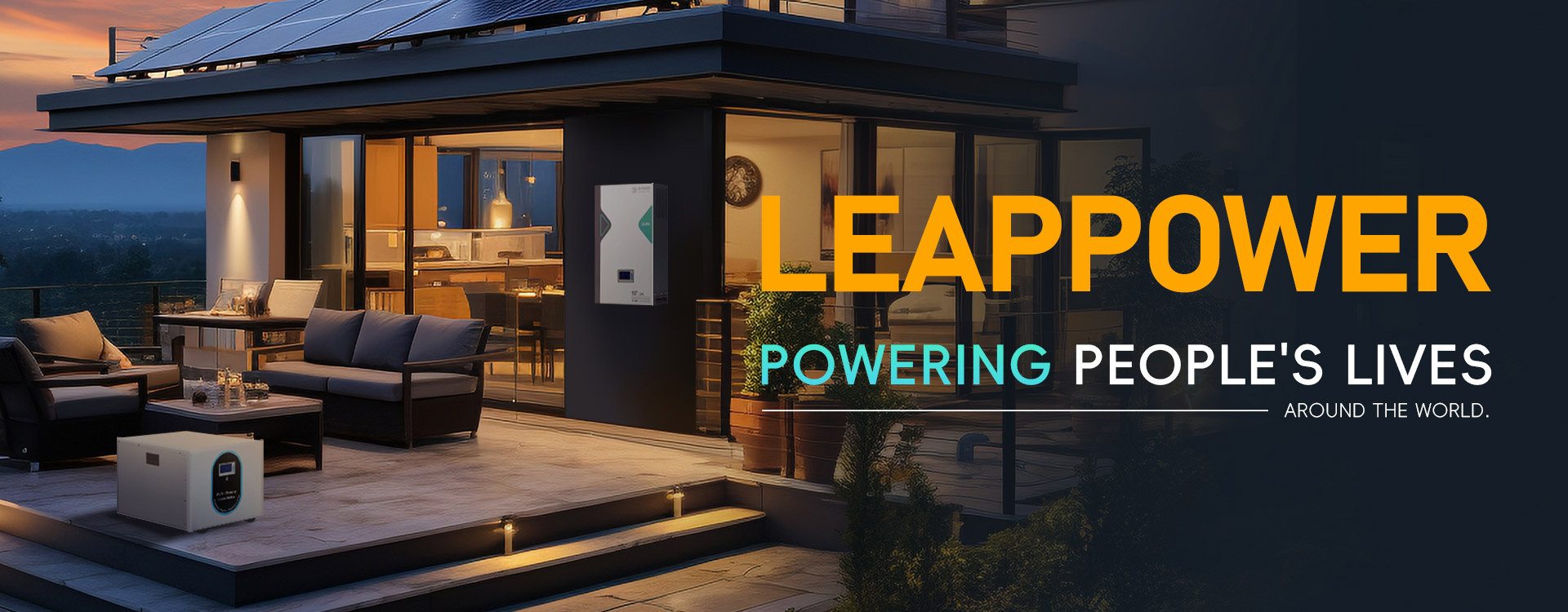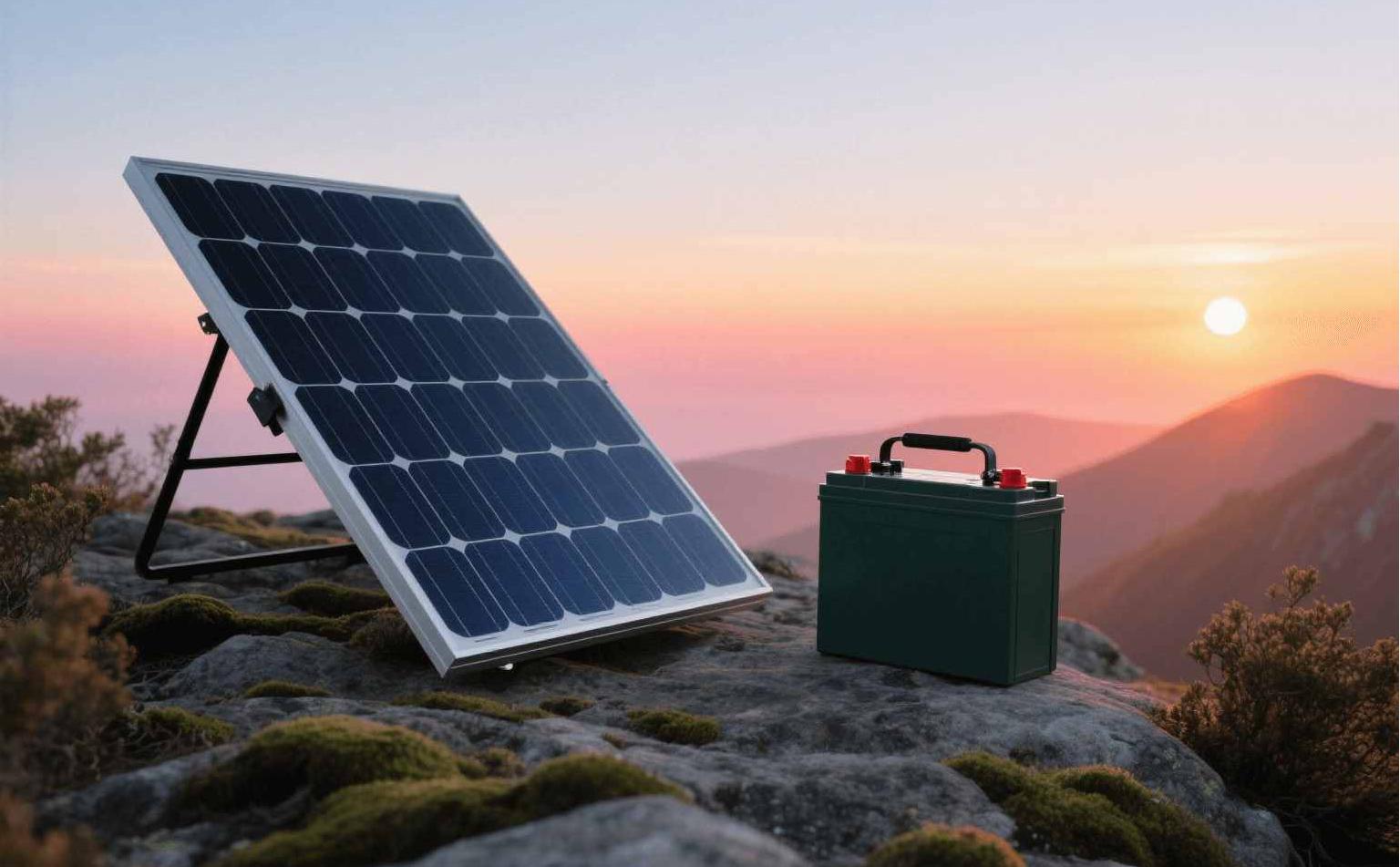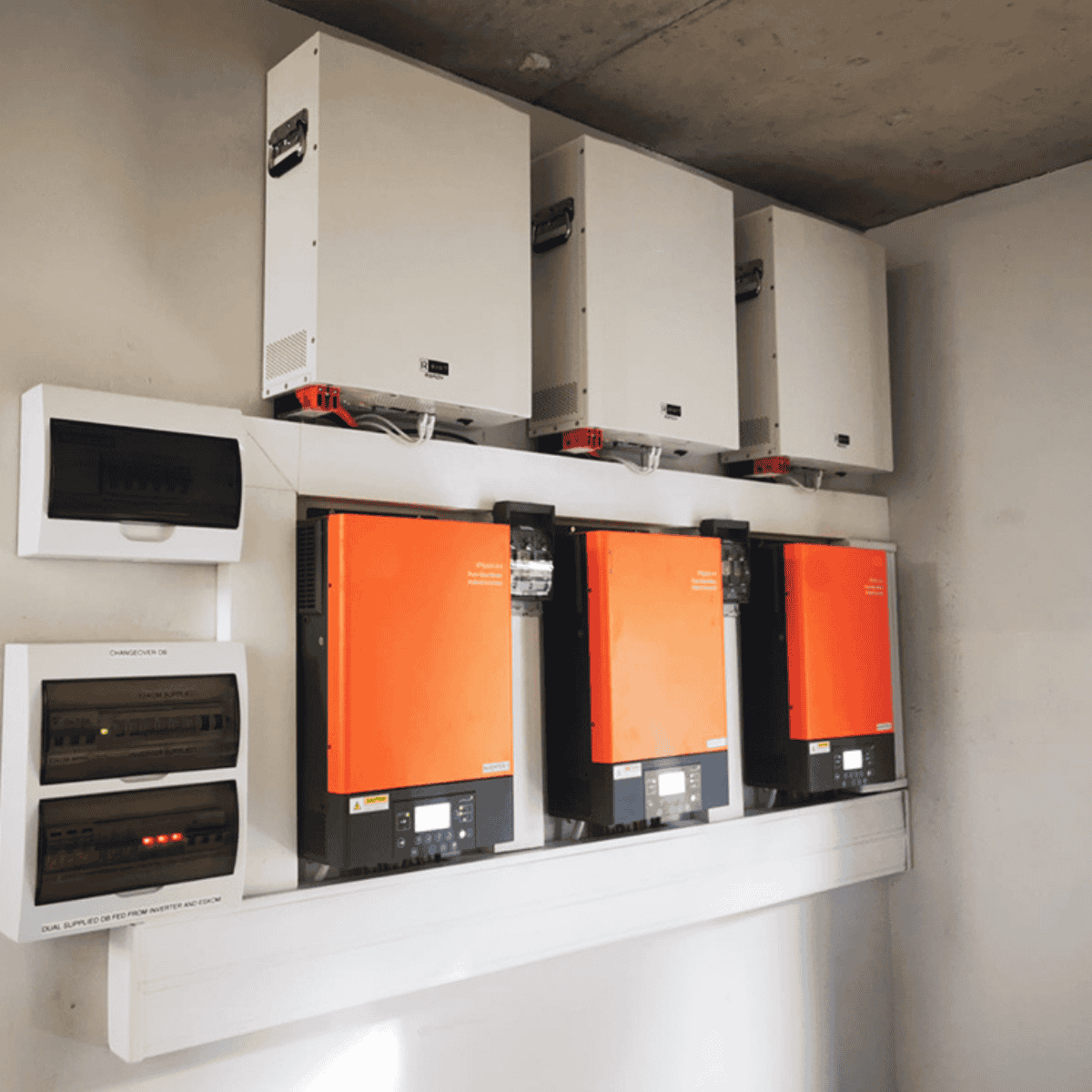After scrolling through our website, you may have questions that need answers. Luckily we’ve compiled a list of frequently asked questions on our powerwall page! Check out this FAQ to see if your question has already been answered or find new ones here:

Overview
WHAT IS HOME ENERGY STORAGE SYSTEMS?
Home energy storage systems are becoming increasingly popular as the costs of batteries and solar panels continue to fall. A home energy storage system typically consists of a photovoltaic system, batteries, and inverters. The photovoltaic system produces electricity from sunlight, which is then stored in the batteries. The inverters convert the stored DC electricity into AC electricity, which can then be used to power your home. Home energy storage systems offer a number of advantages, including the ability to generate your own electricity, reduce your reliance on the grid, and save money on your energy bills.
HOME ENERGY STORAGE TECHNICAL SPECS.
We offers two types of home energy storage systems. Our first option is to provide you with either a wall-mounted or a stand-mounted battery sized 5.12kWh and 10.24kWh, which will normally match a 3KW-7KW inverter. Inverter brands can be chosen as you wish or you can only purchase home batteries only.
There is also an all-in-one system called stack system that can be provided to you. For stack systems, we’ve developed both low-voltage and high-voltage systems. Buyers can select the voltage and power required. The modular design of this high voltage battery system allows for stacking of 3 to 7 battery modules. There are capacities ranging from 15.36 KWH to 35.84 KWH and voltages ranging from 153.6V to 358.4V. This system will have an output inverter with an 8KW to 12KW rating.
WHAT DOES A HOME ENERGY STORAGE BATTERY DO?
Our home battery system can be used to store solar energy during the day for use at night time. It can also provide backup power in case of a grid outage. Depending on where you live and the electricity rates in your area, home battery can potentially save you money by shifting energy consumption from high to low rate periods. Lastly, it can also help you take control of your energy and achieve self-sufficiency from the grid.
HOW MUCH REDUCED MY ELECTRICITY BILL BY USING HOME ENERGY STORAGE SYSTEM?
Our battery system are designed to help you reduce your electricity expenses. Feedback from site customer, a solar system with a Powerwall can cut down household energy spending by up 70%! To see how much money this might save for yourself, write to our team now. They’ll be able provide more information on the factors that affect savings like location and rate in an area as well what kind of home power production systems work best with their product.
WHY DO YOU NEED A HOME ENERGY STORAGE SYSTEM?
Ⅰ. Reduce your reliance on electricity from the grid
A home energy storage system can help you to reduce your reliance on electricity from the grid. When you have a home energy storage system, you can generate your own electricity and use it to power your home, which can help you to save money on your electric bill. In addition, if there is a power outage, you will still have access to electricity, as your home energy storage system will provide you with backup power.
Ⅱ. Offset the increased cost of power used during peak times
A home energy storage system can help you to offset the increased cost of power used during peak times. When there is high demand for electricity, utility companies often charge higher rates. However, if you have a home energy storage system, you can store energy during times of low demand and use it during periods of high demand, which can help you to save money on your electricity bill.
Ⅲ. Provide backup power in case of an emergency
A home energy storage system can provide you with backup power in case of an emergency. If there is a power outage, your home energy storage system will provide you with the electricity you need to keep your lights on and your appliances running. In addition, if there is a natural disaster, such as a hurricane or tornado, your home energy storage system can provide you with the power you need to stay safe and comfortable until the power is restored.
Ⅳ. Reduce your cost with the rising grid electricity price
A home energy storage system can help you to reduce your cost with the rising grid electricity price. When the cost of electricity from the grid goes up, you can use the energy stored in your home energy storage system to power your home, which can help you to save money on your electricity bill. In addition, a home energy storage system can provide you with backup power in case of an emergency, which can help you to avoid the high cost of electricity from the grid during a power outage. A home energy storage system is a valuable investment for any home.
Ⅴ. Sell the over left electricity to the grid, shorten payback of energy storage system
A home energy storage system can help you to sell the over left electricity to the grid and shorten payback of the energy storage system. When you have a home energy storage system, you can store energy during times of low demand and sell the over left electricity to the grid to earn extra money, finally help you to save money on your electricity bill.
CAN I SET THE HOME ENERGY STORAGE BATTERY CHARGING PRIORITIES?
Self-Powered — Use the energy stored in the solar system to power the home after sundown
Backup Only — All the energy in your home battery is saved for those rainy days when you need emergency backup power
Balanced Time-Based Control — Power your home when the sun goes down, and avoid expensive on-peak electricity rates by using electricity stored in your solar system
Cost-Saving Time-Based Control — Maximize your savings by using stored, low-cost, off-peak energy during expensive, on-peak hours
MUST I HAVE PV/SOLAR TO OPERATE HOME ENERGY STORAGE SYSTEM?
No. Home energy storage battery (or call Powerwall) can be charged with AC power from the grid or generator. We also provides an all-in-one pack including household batteries, inverter systems, and solar photovoltaic is optional per your request, and can be used for load transfer or standby power supply.
WHERE SHOULD I INSTALL THE HOME BATTERY ENERGY STORAGE?
Usually installed outdoors or in a utility room (e.g. garage or basement)
–Consider the heat dissipation, ventilation
–Consider no direct sunshine
–Consider water showering
HOW A HOME BATTERY CONNECTS TO MY HOME?
Before connecting a battery to the grid, please install a separate AC breaker
between inverter and AC input power source. This will ensure the
inverter can be securely disconnected during maintenance and
fully protected from overcurrent. If it’s a hybrid coupled homes, before making Grid, Load and Gen port connection, be sure to turn off the AC breaker or disconnector first.
WHAT’S THE DIFFERENCE BETWEEN SINGLE-PHASE AND THREE-PHASE ELECTRICITY?
Single-phase electricity is the most common type found in households, either connected at 230 or 240 volts; while three-phase electricity is typically used in commercial and industrial settings, either connected at 400 or 415 volts. One key difference between single-phase and three-phase electricity is the amount of power that can be transmitted. Three-phase electricity can transmit more power than single-phase electricity, making it ideal for high-powered applications. Additionally, three-phase electricity is less likely to experience power fluctuations than single-phase electricity.
SHOULD I CHOOSE SINGLE-PHASE OR THREE-PHASE TO APPLY TO MY HOME SOLAR SYSTEMS?
Single-phase systems are more common in residential homes, while three-phase systems are more common in commercial and industrial settings. If you’re not sure which phase your system is in, you can usually find this information on your electrical panel.
HOW MUCH POWER DO I NEED FOR MY HOME BATTERY ENERGY STORAGE?
We suggest you typically chose only their most important appliances to be connected to the battery, such as a refrigerator, a few sockets to charge phones, lights, and the wifi system. In the event of a total blackout, power stored by a typical 10 kWh battery will last from 10 to 12 hours, depending on what the battery is being asked to power. A 10 kWh battery can run a refrigerator for 14 hours, a television for 130 hours, or a single LED light bulb for 1,000 hours.
Therefore most households choose a battery with 10-kilowatt hours of storage capacity.
Sure before you purchase a battery storage system it is important to discuss your needs with our system designer.
HOW LONG DOES A HOME ENERGY STORAGE BATTERY LAST ON ONE CHARGE?
This is up to your loading status, the more house electric appliance used, the less time can be last. Let’s say a lasting 12 house is normally achieved by using some lights and basic consumptions. Our engineer will design and calculate based on your history of electricity consumption data.
HOW LONG WILL MY HOME ENERGY STORAGE BATTERY BE CHARGED FULLY?
This is related to many factors, such the sunshine time, brightness, shading, outside temperature etc.
DOES MY HOME ENERGY STORAGE SYSTEM AUTOMATICALLY SWITCH ON WHEN THE GRID FAILS?
Yes. We will automatically switch to the battery when the grid fails.
HOW LONG DO BATTERIES LAST?
The lithium-ion batteries range from 4000 to 6000 cycles (charges/
discharges of the battery) at 80 per cent discharge rate, meaning
an expected life of more than 10 years for high-performing
systems (if cycled once per day). Our LiFePO4 design life is over 15 years.
WHAT IS THE TOTAL INSTALLED COST OF THE HOME ENERGY STORAGE SYSTEM VERSUS THE EXPECTED OUTPUT OVER ITS LIFETIME?
Now we based on the current market level to count it for reference.
Assume that the system is composed of 5kW inverter and 10kWh energy storage battery, and the selling price of the system is the inverter, battery, components and installation cost
A total of 66000 yuan ≈ 10000 euros. Assuming that only 10kWh/day is considered for self-use and Internet access is not considered, 4 euros of electricity will be saved every day (we take average grid electricity at 0.4 euros/kwh), and the payback period will be 6-9
Years. If the subsidy factor is considered, the investment cycle can be further shortened to 2-3 years.
WHAT IS THE MOQ?
Actually, there’s no MOQ for our home energy storage systems.
Our target customer is home energy storage system distributor, reseller, PV installer or system contractor, 1pc sample is welcome! Let us help you to grow the market and create your profit!




[…] then, there are many different types of battery storages depends on the installing conditions, likes wall-mounted battery, portable, standing type, […]
[…] Related article: home-energy-storage-systems-faq […]